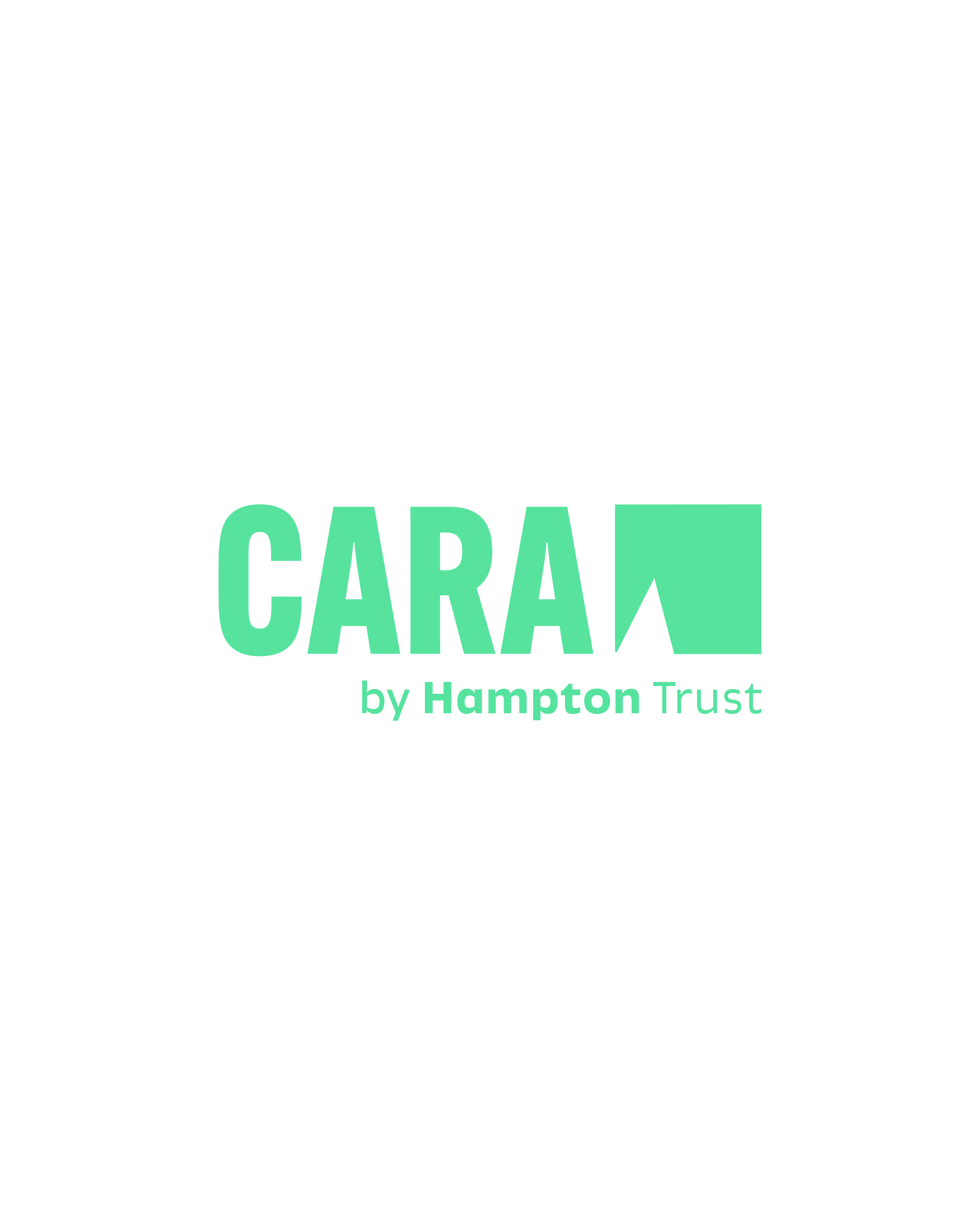
DAPO
Our part in the DAPO pilot and how this links to our existing Behaviour Change work.

Taking an innovative approach to early intervention in relationship abuse.
What is CARA?
CARA sits within the criminal justice system as an early intervention targeting domestic abuse offenders meeting specific criteria. CARA is an opportunity to support offenders in addressing their actions and attitudes to prevent repeat victimisation.
Referrals for this service can only be made via the police.
Victims are contacted, by phone, in between workshops to ensure their safety and to offer support.

The importance of this programme
Domestic abuse has the highest rates of repeat victimisation. Low-level offending rarely leads to court action, allowing the pattern of abuse to continue. CARA disrupts this cycle by encouraging offenders to reflect on their behaviour and take personal responsibility for their behaviour. By completing CARA, first-time offenders can avoid having a caution on their criminal record, offering them a chance for positive change.
Learn more about the CARA service
CARA is currently delivered across Greater Manchester and across Northumbria by TLC.
It is also available from different providers in:
It is discussion-based group work.
These are domestic abuse awareness workshops, using motivational interviewing to engage offenders to reflect on what led to their arrest.
Offenders are required to attend a pair of workshops (Part A and B), on 2 separate Saturdays (10am-3pm), 4-5 weeks apart.
There are separate workshops for male cohorts and female cohorts.
Separate cohorts run for Intimate Partner Violence (IPV) and Non-IPV domestic abuse offenders. (Non-IPV would be when abuse has been perpetrated towards a family member)
CARA Telephone Intervention (CTI) offered for those who would be unsuitable for group delivery, i.e., language barriers, access needs, etc.

If you are motivated to change, or working with a someone who would benefit from this support - we offer behaviour change programmes for both men and women, you can refer or self-refer to.

Our part in the DAPO pilot and how this links to our existing Behaviour Change work.

Helping you to stop causing harm in your relationships.

Our commitment to ending domestic abuse has a rich history.